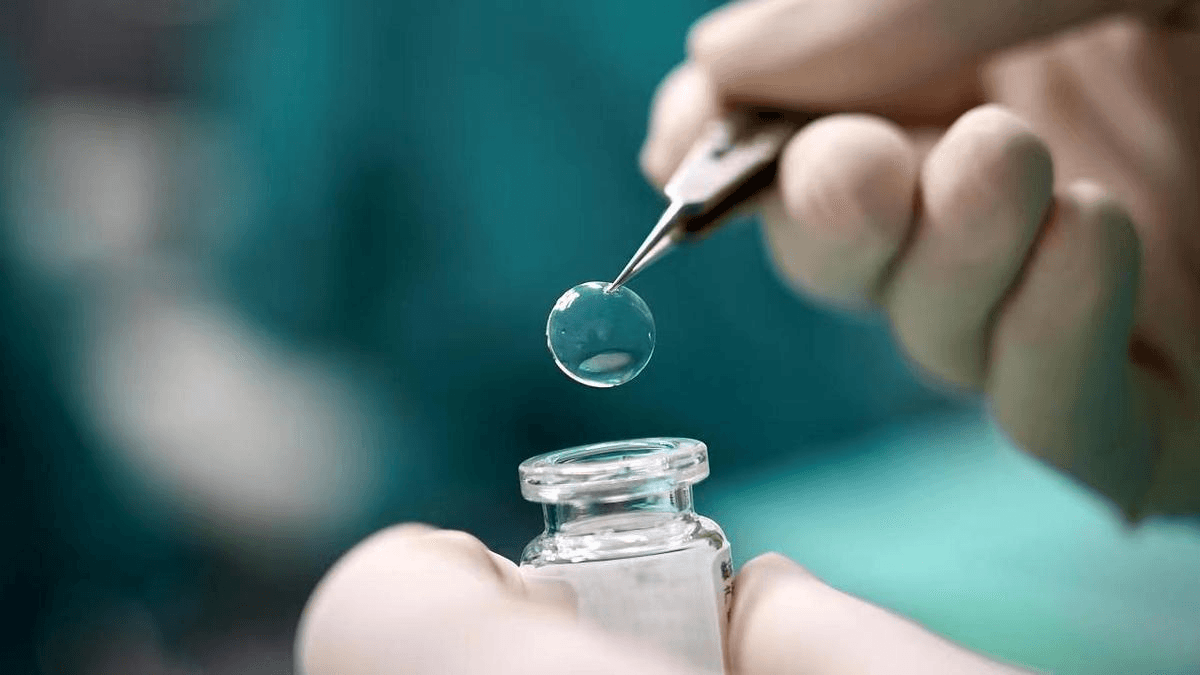
World First! Biodegradable Corneal Endothelium Substitute Breaks Through Donor Shortage in Transplants
Want to read in a language you're more familiar with?
Chinese researchers develop the world’s first biodegradable corneal endothelium substitute, offering a breakthrough solution to donor shortages in corneal transplantation.
Damage to the corneal endothelial barrier causes edema and loss of transparency, a leading cause of corneal blindness. While corneal transplantation is the only effective treatment for severe endothelial dysfunction, donor scarcity severely limits its use. Now, a breakthrough offers hope.
A joint team from Peking University Third Hospital (led by Prof. Hong Jing and Deputy Chief Physician Peng Rongmei) and Beihang University has developed the world’s first biodegradable corneal endothelium substitute, enabling artificial reconstruction of the endothelial layer. This innovation overcomes limitations of non-degradable materials, providing a temporary replacement strategy for endothelial dysfunction. The findings were published online in Biomaterials.
The team also published in Bioactive Materials, uncovering a novel mechanism of corneal endothelial barrier dysfunction. The study reveals how extracellular matrix stiffness precisely regulates tight junction assembly and stability in corneal endothelial cells—a previously unclear mechanobiological process.
These discoveries offer a new mechanobiological perspective on barrier dysfunction pathogenesis and lay a theoretical foundation for designing stiffness-optimized tissue engineering scaffolds and novel therapies for barrier-related diseases.
Source: Guangming Daily





